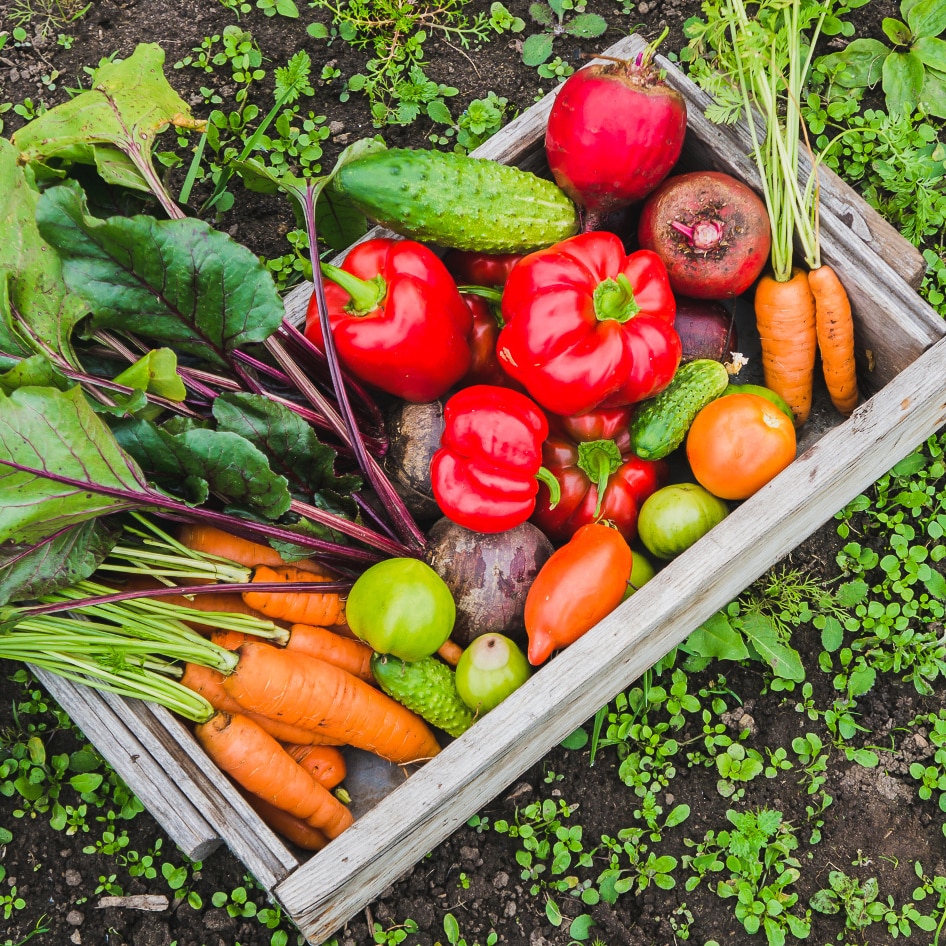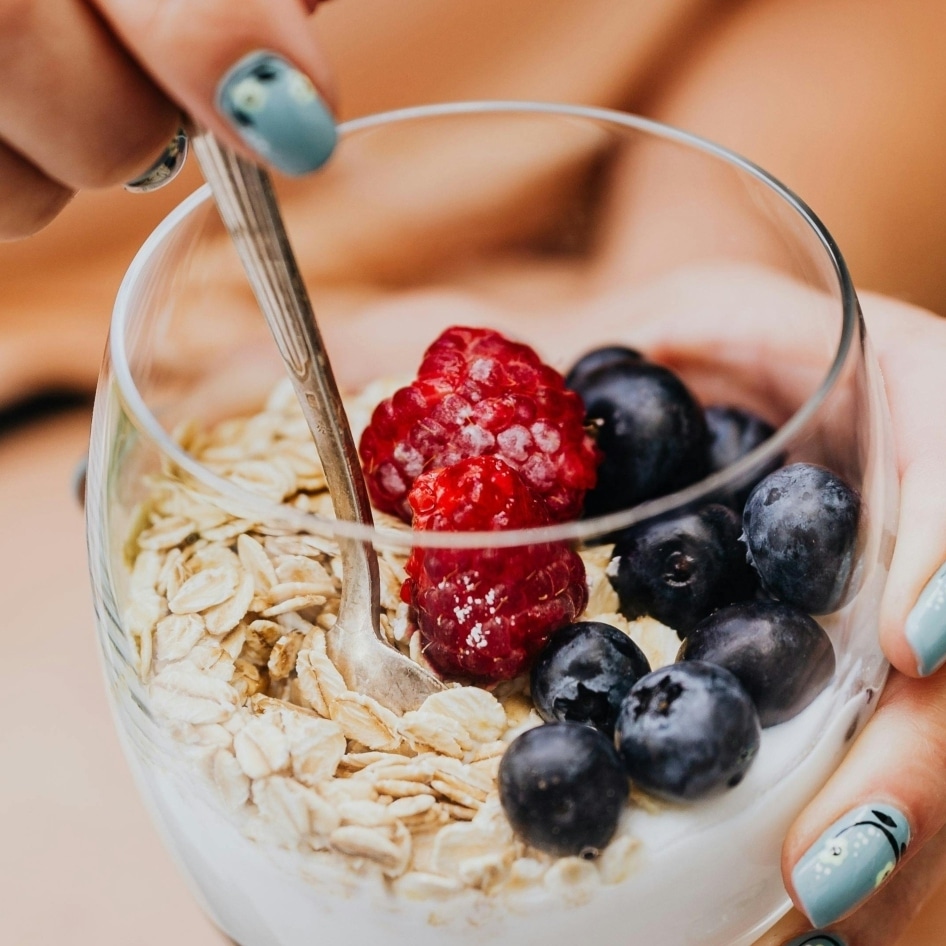Although a vegan or plant-based diet is perceived by some as a health-conscious lifestyle, not all vegans do it for health, according to a new study published in the scientific journal Nutrients.
For the study, the research group led by Maria Wakolbinger and Sandra Haider from MedUni Vienna’s Centre for Public Health conducted an online survey of 516 people with an average age of 28 who had been vegan for at least three months when the study began.
While the benefits of a plant-based diet for health are vastly supported by science, the researchers came to the conclusion that there is a distinction between a “health-conscious” and a “convenience” dietary pattern in the vegan lifestyle.
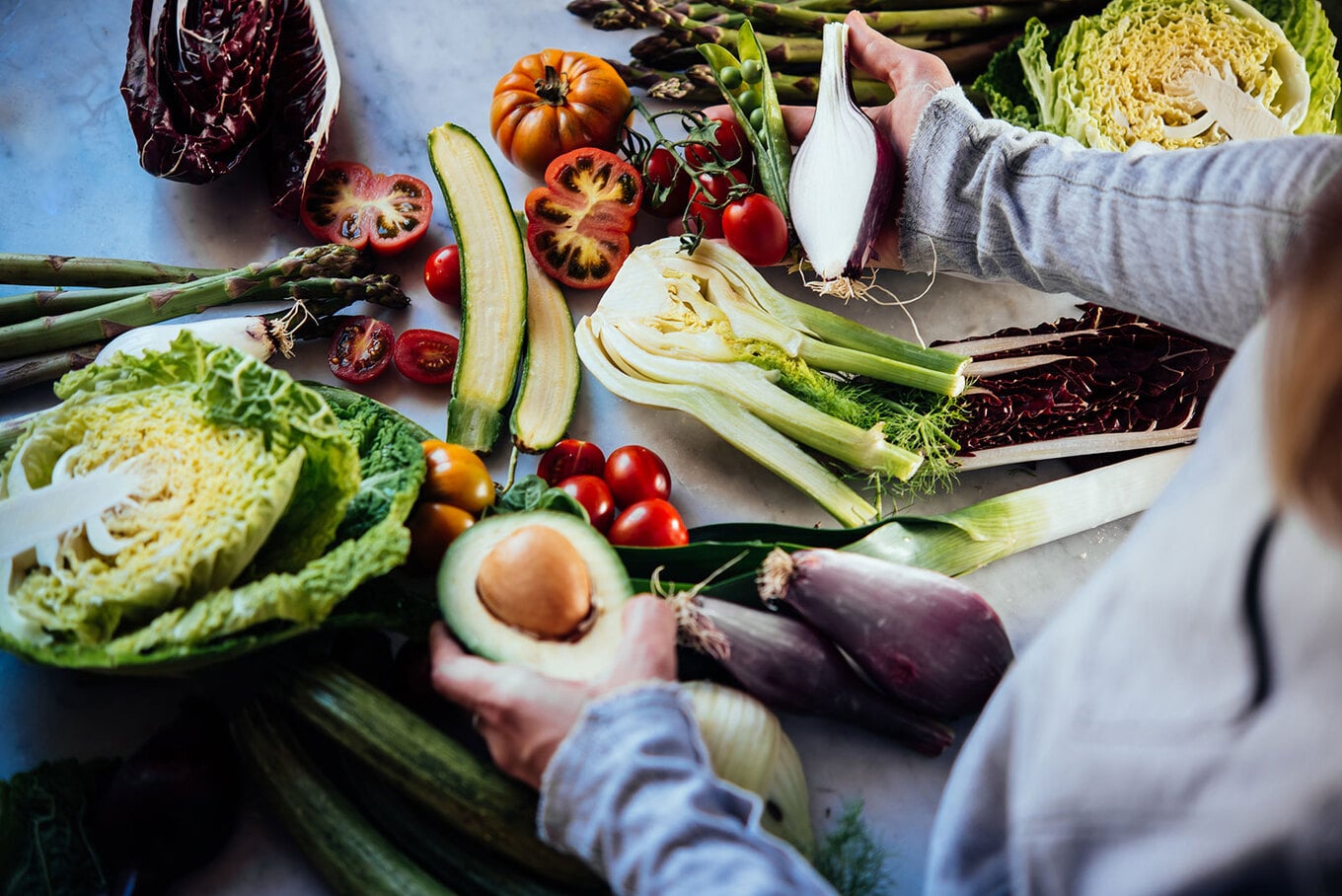 Adobe
Adobe
In fact, the study found that 47 percent of participating vegans are classified as health-conscious because they consume more vegetables, fruit, protein, and milk alternatives, cook more often with fresh ingredients, and exercise more. This group was more likely to state that they went vegan for the health aspect, or a mixture of health, environmental, and animal welfare aspects.
Notably, the people in the health-conscious group had been living vegan for a significantly longer time, and there were significantly more female participants, more students, and nonsmokers in this dietary pattern.
The other 53 percent are classified as the convenience food group because they were more likely to consume convenience foods such as pre-packaged meals, snacks, refined grains, and desserts. The study noted that individuals in this group were more likely to be vegan for animal welfare aspects.
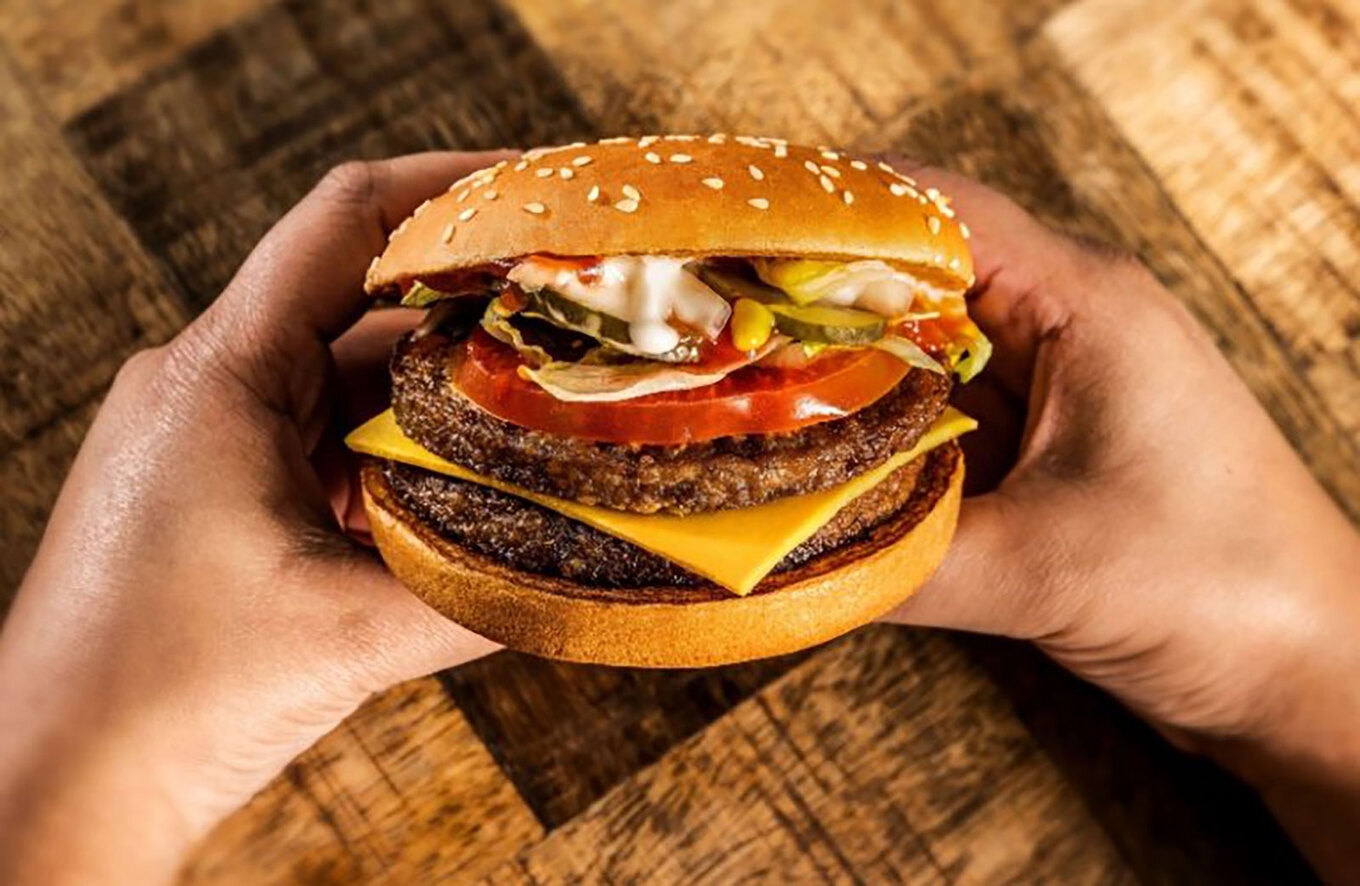 McDonald’s UK
McDonald’s UK
The studied vegan population also proved to be heterogeneous with regard to physical activity behavior. The results suggest that vegans are quite active, with a higher percentage (approximately 18 percent) achieving the aerobic exercise and strength training recommendations compared to the general Austrian population.
“The physical activity level of vegans is higher overall than that of the average population in Austria,” Sandra Haider said in a statement. “However, as our study illustrated, the health-conscious group is significantly more active than those who belong to the convenience food pattern.”
Interestingly, from a health perspective, the study found no significant differences in body mass (BMI) or its classification between the convenience and the health-conscious groups. Additionally, 79 percent of the vegan study population showed a normal weight, compared to 47 percent in the Austrian general population. These results suggest that BMI in vegans is lower and the percentage of vegans with normal weight is higher compared to the general population.
Why is being vegan healthier?
Countless studies have found that a vegan diet that focuses on whole plant foods has many health benefits, especially compared to a traditional diet that includes meat and dairy, with a plant-based diet lowering the risk of chronic disease, cardiovascular disease, and some cancers.
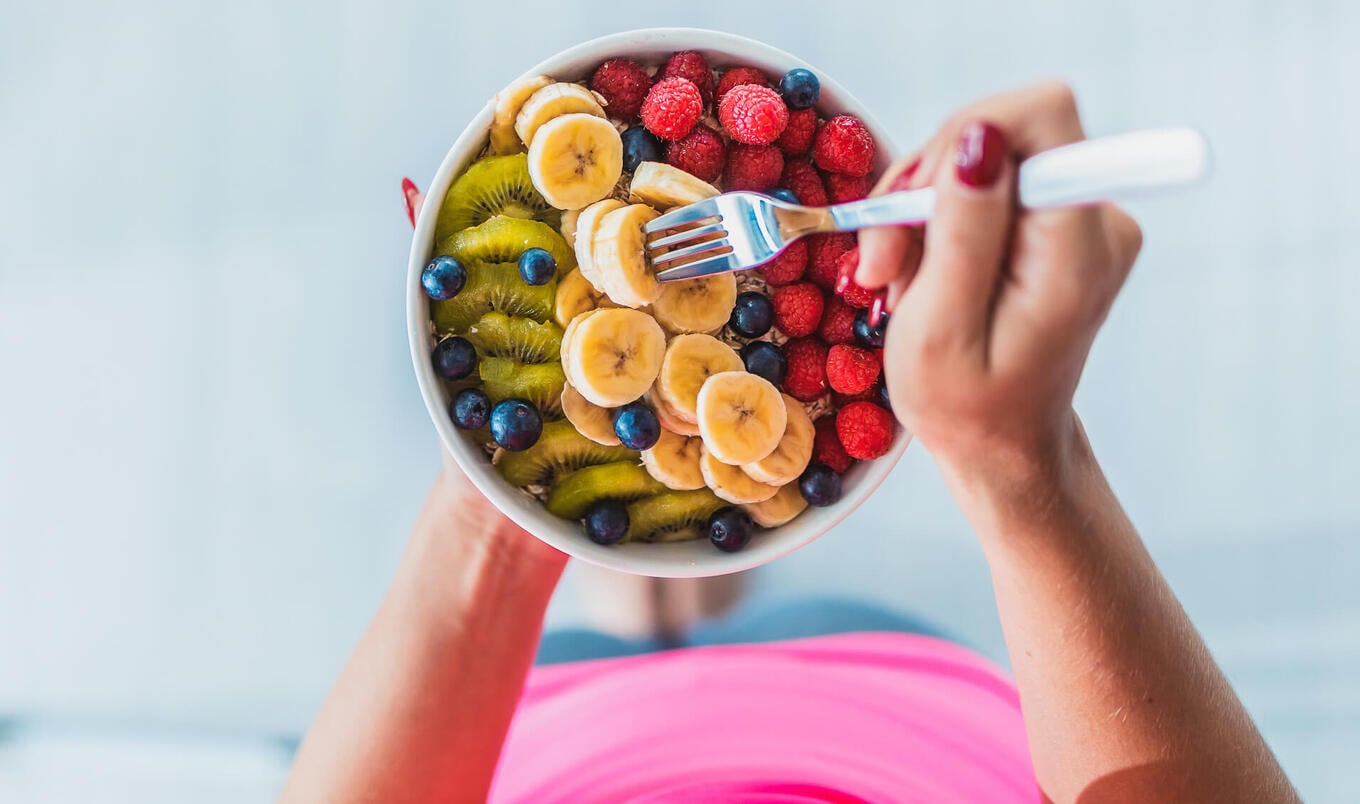 Nensuria
Nensuria
The World Health Organization says that a diet that is predominantly plant-based and low in salt, saturated fats, and added sugars is recommended as part of a healthy lifestyle.
“Such diets are widely associated with a lower risk of premature mortality and offer protection against noncommunicable diseases (NCDs),” WHO says.
“This advice complements the overall evidence indicating that limiting consumption of red meat (beef, pork and lamb) and processed meat (such as sausages and cured, smoked and salted meats) could protect against various NCDs.”
Are you a pudding vegan?
However, the Vienna study demonstrated that being vegan is not synonymous with being healthy. Many vegans don’t go vegan for health reasons, with equally important aspects driving their chosen lifestyle, such as reducing their climate impact and not supporting violence towards animals.
According to the study, the term “pudding vegetarianism” has already become established for variants of the vegetarian diet that are unfavorable to health in which, for example, convenience foods and more desserts are consumed instead of animal products. “Accordingly, the convenience dietary pattern we identified could well be called ‘pudding veganism,’” Maria Wakolbinger and Sandra Haider said in a statement.
 Donut Friend
Donut Friend
Although vegan convenience foods may be considered less healthy than their whole-food counterparts, there are many reasons why this sector of the food industry is growing, including that these foods help many people transition away from animal products without having to give up comforts such as burgers, steak, and pizza.
Additionally, previous studies focusing on the healthiness of plant-based products found that these products tend to have better nutritional profiles compared to animal products, with one paper finding 40 percent of conventional meat products were classified as “less healthy” compared to just 14 percent of plant-based alternatives.
“As the demand for plant-based foods has increased, so has the supply of readily available plant-based options,” Vanita Rahman, MD, previously told VegNews. “Some of these are pre-made convenience foods, such as vegan cheeses, vegan meats, and vegan fast foods.”
“How beneficial are these foods? They are clearly better for the health of our planet and the animals that we share it with. When it comes to one’s own health, the data is more mixed,” Rahman adds.
For the latest vegan news, read:
JUMP TO ... Latest News | Recipes | Guides | Health | Shop






